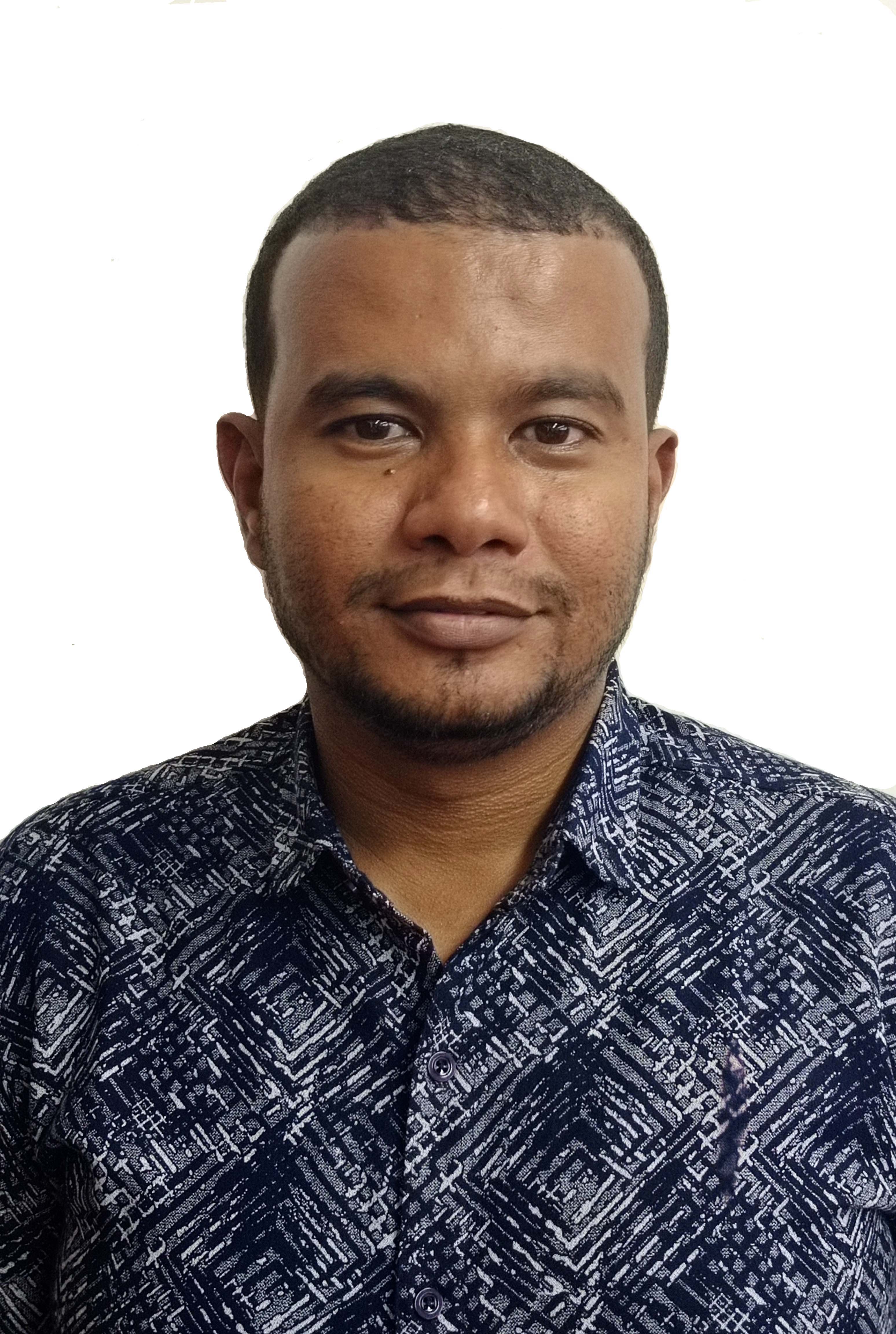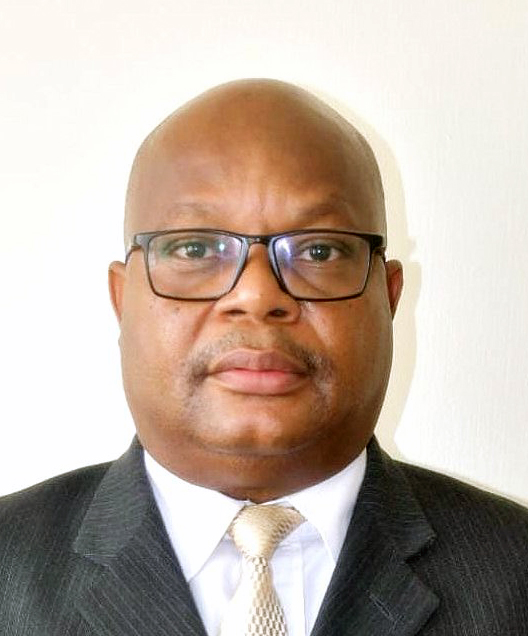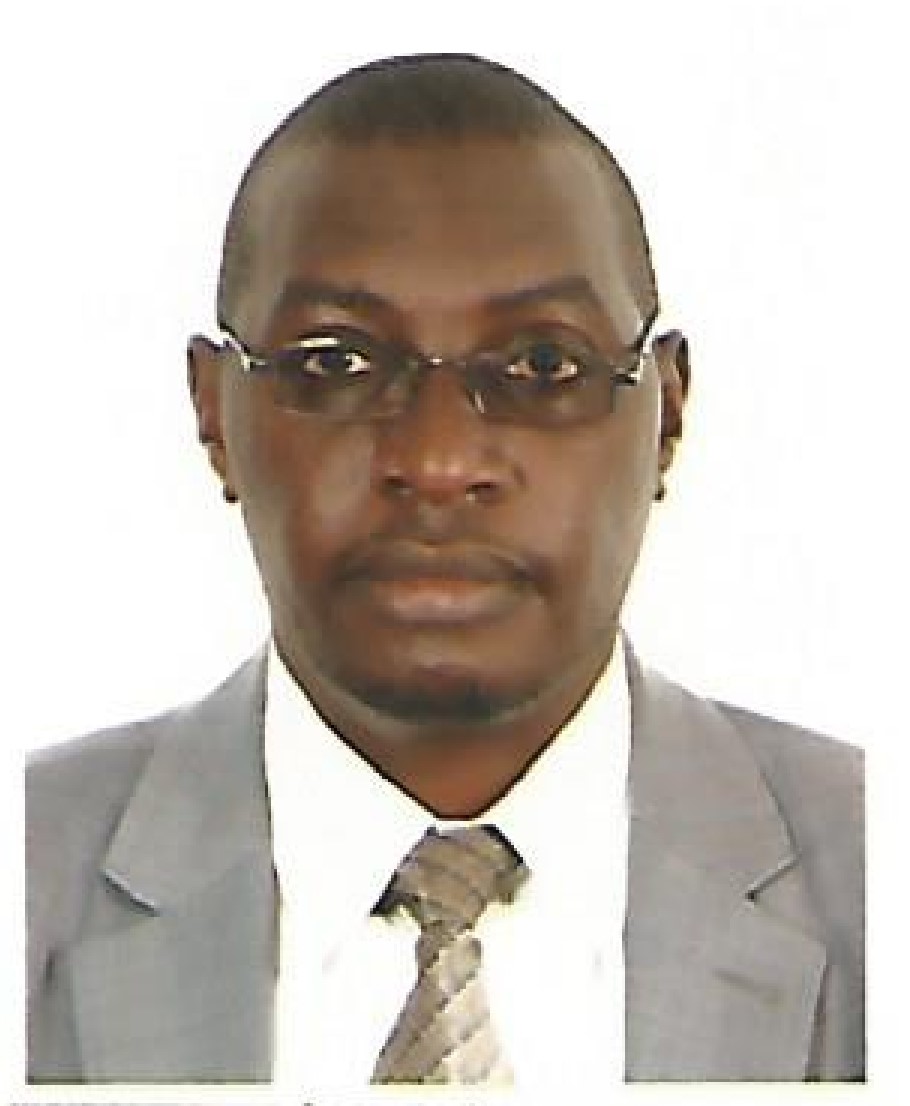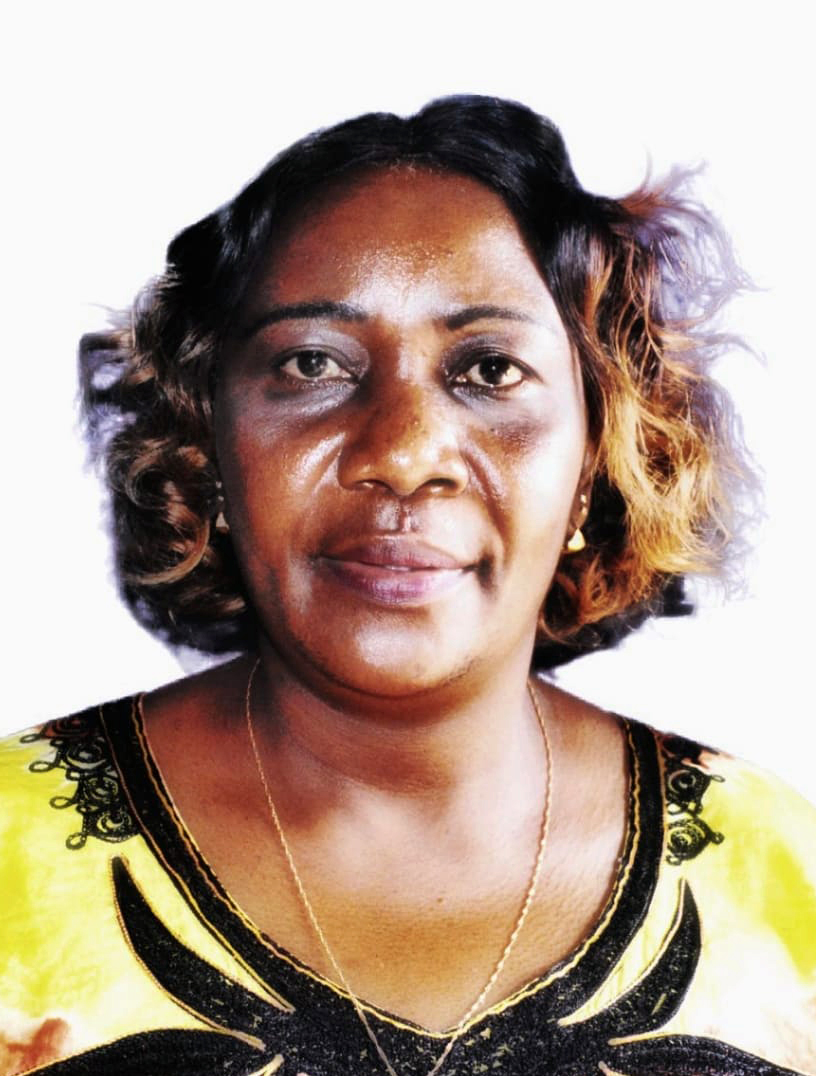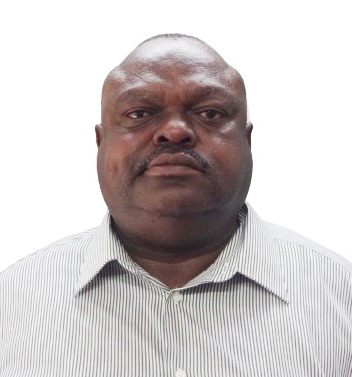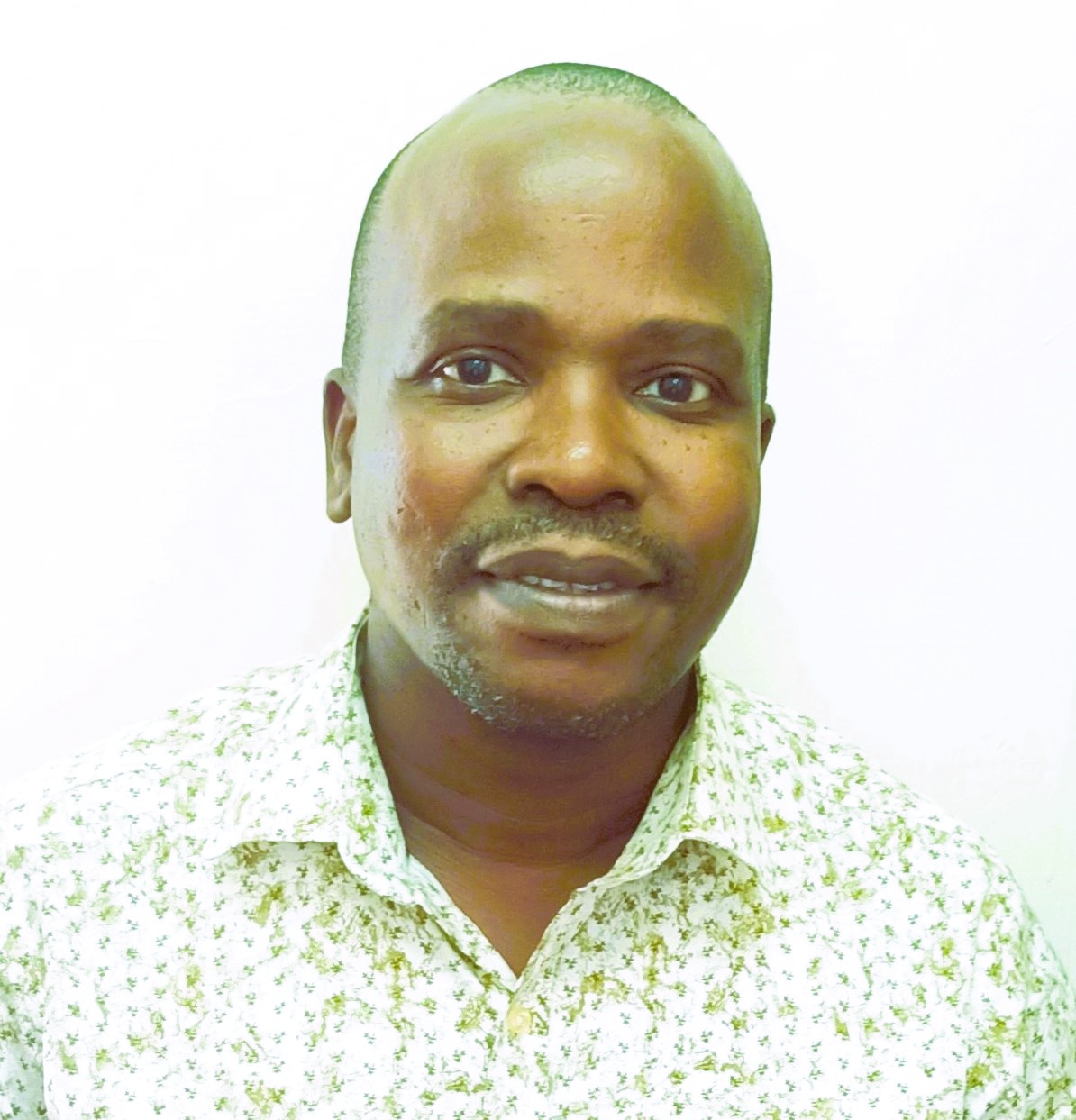Our History
Year 1963
The birth of Coast Water Works Development Agency can only be appreciated by examining a brief history of the water sector in Kenya. The water supply services have undergone a tremendous transformation since independence in 1963.
Year 1965
The 1965 policy paper on “African Socialism and its application to planning in Kenya” directed that basic services like water were to be provided free or subsidized by the Government.
Year 1974
The Government elevated the Water Department from the Ministry of Agriculture to a fully-fledged Ministry. The new Ministry undertook to improve efficiency and expand water services and this action led to the taking over of several water supplies previously managed by the local community, local authorities and other public and private institutions. It was during this time that the National Water Master Plan had the objective of ensuring that potable water was made available at a reasonable distance to all households by the year 2000. The Government embarked on an ambitious activities of construction of water supply schemes, sinking of boreholes, construction of dams and provision of infrastructure in form of pipes. The activities became unsustainable with global recession setting in.
Year 1986
Launch of the Sessional Paper No. 1 on “Economic Management and renewed growth”. This was hoped to revive all sectors of the economy. However it did not meet its objectives.
Year 1999
Consequently, the Government came up with Sessional Paper No. 1 of 1999 on National Policy on Water Resources Management and Development. The Paper recommended management options, which are participatory of all actors in the water sector.
Year 2002
The Water Act 2002 was enacted. The Water Act 2002 provided the legal framework for the implementation of new institutional arrangements based on the following principles:
- The separation of the Management of Water Resources and
- The Water Supply and Sewerage provision
Key milestones of the reforms saw the establishment and operationalization of all the new key institutions in the Water Sector. These were:
- The regulator – Water Services Regulatory Board (WASREB)
- The asset holder – Water Services Boards (WSBs)
- The commercialized agents – Water Service Providers (WSPs)
- The manager of the water resources – Water Resources Management Authority (WRMA)
- The Water Services Trust Fund (WSTF)
- The legal arm for water issues – Water Appeals Board (WAB)
It was out of the water reforms of 2002 that the Coast Water Services Board was formed.
Year 2010
The new constitution – The country adopted a new constitution in August 2010.The constitution has a number of provisions that have important implications for the water sector. These provisions are as follows:
- Articles 43 which entrenches water as a constitutional right by establishing a right to “to clean and safe water in adequate quantities” and Article 21 which places an obligation to the state and every state organ to take steps to progressively realize this right.
- Article 62 (1) (i) states that public land include all rivers, lakes and other water bodies as defined by an Act of Parliament.
- Article 6, 174, 175 and 176 creates a system of devolved government with a two-tier system of government comprising of the national and county government. Pursuant to this, the functions of the water sector are allocated between the two tiers of government. With the coming of the new constitution, which devolved water services to the counties, the role of the Water Service Boards shall be that of infrastructure development. However the Board shall continue to hold the assets in trust, on behalf of the National Government
Vision 2030
The history of water supply services cannot be concluded without the mention of Kenya’s Vision 2030. Kenya’s long term development agenda is set out in the Vision 2030 blueprint. The aim of the Vision is to make Kenya a globally competitive and prosperous country by transforming it into an industrialized middle income nation, providing high quality of life for all its citizens in a clean and secure environment. The Vision 2030 recognizes that Kenya is a water-scarce country and has identified water and sanitation as one of the key social sectors to be transformed under the social pillar. The vision 2030 aims at increasing access to safe water and sanitation in the rural and urban areas of Kenya.
The specific strategies in Vision 2030 include:
- Raising the standards of the country’s overall water resource management, storage and harvesting capacity;
- Rehabilitating the hydro-meteorological data gathering network;
- Constructing multipurpose dams; and
- Constructing water and sanitation facilities to support industries and a growing urban population.
In this regard, the Coast Water Works Development Agency has set up elaborate activities aimed at achieving the Kenya’s Vison 2030.
Water Act 2016:
This was an act of Parliament which redefined the roles and responsibilities for the management, development and regulation of water resources and water services.
The 2016 Water act defines national public water works (or Water Works Development Agencies – WWDAs), as water works whose water resource is:
Cross county in nature,
Financed out of the national government share of national revenue and intended to serve a function of the national government. These may include assets such as water storage and water works for the bulk distribution of water services.
Furthermore, it specifies that development and management of national public works will be undertaken by the WWDAs whilst county public works will be a responsibility of the respective county.
The 2016 Water Act provides for handing over of national public works upon commissioning from WWDAs to the county government, joint committee or authority of the county governments if the water works’ assets exclusively rest geographically within their jurisdiction.
The Coast Water Works Development Agency transited from the Coast Water Services Board (CWSB) on 3rd May 2019. Under the Water Act of 2016 the mandate of the Agency is to develop and maintain sustainable water and sanitation infrastructure within the Coast region.

